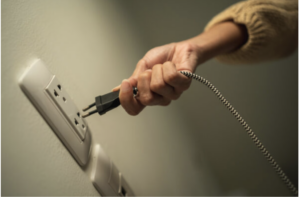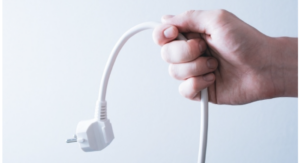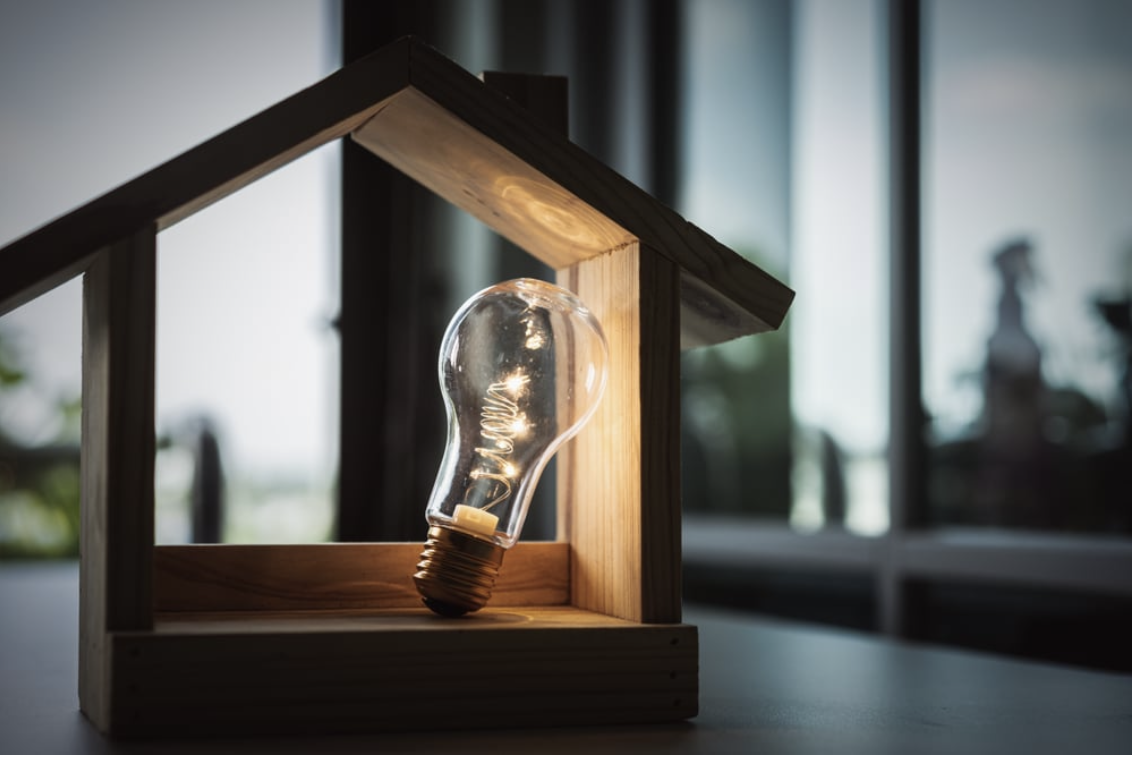How to save electricity at home
Depleting natural resources requires their more reasonable and rational use. And one of the things without which we cannot imagine our modern life is electricity. If you want to save electricity at home without disrupting our daily rhythm, it is necessary to follow specific rules.
First of all, we need to change the way we use electrical appliances at home. For this purpose, it is not necessary to only buy energy-saving light bulbs or appliances. Saving electricity can be so simple and not interfere with our household duties.
We should turn off electrical appliances and lights at home when we don’t need them. We can also use less energy-intensive appliances by doing household chores ourselves. Start hanging your lighter clothes outside instead of putting them in the dryer or washing dishes by hand.
The greatest potential for saving electricity is the reduction of heating in the winter and the less frequent use of the air conditioner in the summer. These costs make up more than half of every household’s utility bill.

Also, consider replacing your old light bulbs. Choose energy-efficient alternatives for your home, resulting in considerable electricity savings. Compact fluorescent lamps (CFLs) and light-emitting diodes (LEDs) use about 25-80% less current and last 3 to 25 times longer than traditional bulbs.
Better bulbs come with special stickers indicating their efficiency and economy. These products have a multi-year warranty, which means that energy-efficient light bulbs save you more money in the long run.

Don’t forget to use “smart” power strips as well. “Phantom” power, also known as “standby power,” is the electricity consumption by appliances when they are not on. It leads to a great loss of electricity at home. According to some studies, “phantom” energy accounts for nearly 10% of residential electricity use. “Smart” power strips eliminate the problem of power loss by turning off power to appliances when not in use. You can set the electronics to turn off for a certain amonut of time yourself.
Last but not least, buy energy-efficient appliances. Consider two things when making your choice: price and annual running costs. Although energy-efficient appliances are more expensive, they save you money in the long run.
A similar household appliance is available with certifying stickers showing its economy. Energy-efficient appliances consume less electricity and water in standby mode than standard models. Their economy differs depending on the stove, refrigerator, or washing machine.
Here are few tips how to save more electricity at home:
Unplug appliances when not in use |
Choose “smart” power strips for your home devices |
Buy new energy-saving light bulbs |
Replace your old home appliances with new ones that are more economical and energy-efficient |

